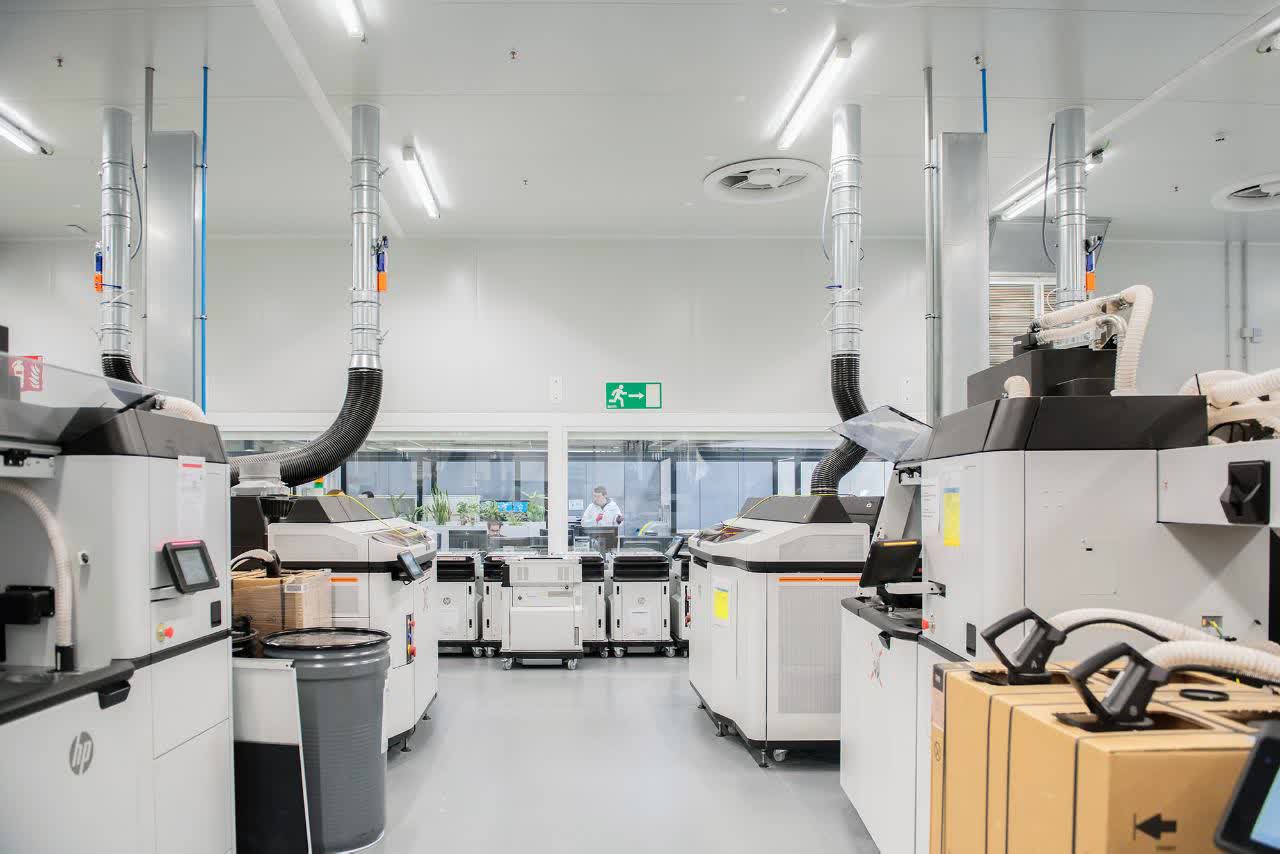[ad_1]
Why it matters: Ford and HP have joined forces to create a more sustainable production line for the F-250 truck. The companies have figured out that 3D printer waste, including plastic and powder, can be recycled to produce injection molded vehicle parts for the F-250 that are lighter, cheaper, more resistant to chemicals, and above all, more sustainable.
It’s a great example of two companies from markedly different industries working together to become more sustainable. Ford and HP are using waste plastic and powder from 3D printers to create injection-molded fuel-line clips for the Super Duty F-250 truck. Dental company SmileDirectClub, which has a small army of 3D printers producing dental aligners, is also contributing to the green production line.
Waste from the printers is apparently passed on to a couple of further companies—Lavergne and ARaymond—who turn the recycled matter into fuel clips.

Impressively, the recycled fuel clips created from 3D printer waste are 7% lighter and cost 10% less according to Ford, and more resistant to chemicals and moisture than their non-recycled predecessors.
Debbie Mielewski, a technical fellow at Ford, said, “Many companies are finding great uses for 3D printing technologies, but together with HP, we’re the first to find a high-value application for waste powder that likely would have gone to landfill, transforming it into functional and durable auto parts.” The research team at Ford has identified 10 other existing vehicles that could benefit from this use of material and are migrating it to future models.
[ad_2]
Source link